Featured
“My Best Ability, In Terms of Acting, Is To Know Everything About My Character.” Dylan Baker, Back To One Episode, 287
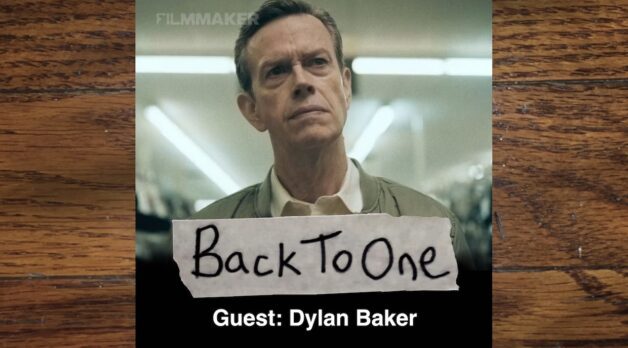
Dylan Baker is the definition of a consummate actor. For over three decades he has delivered so many incredible performances in series like The Good Wife, Damages, Hunters, films like Happiness, Selma, Spider-Man 2, and his latest, LaRoy, Texas, where he plays a professional killer. He talks about his approach toward playing despicable people, some who other actor’s wouldn’t touch. He takes us back to his beginnings, and the acting instruction that changed his work and which he still uses today. He tells a story about how the legendary theater director Nikos Psacharopoulos had a big impact on his early career, talks about the excitement of working on ultra independent films like Onur Tukel’s The Misogynists, explains why minimal direction… Read more
“The Charismatic Leader Leads People, But What Toward?”: Rory Kennedy and Mark Bailey on Their HBO Docuseries The Synanon Fix
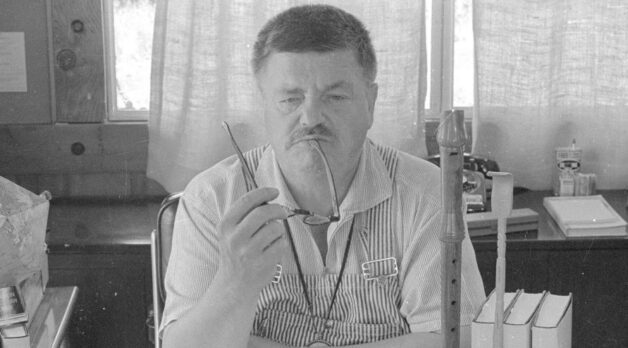 The Synanon Fix (Photo courtesy HBO)
The Synanon Fix (Photo courtesy HBO)
Currently unspooling across four episodes on HBO and continuing to stream on Max is The Synanon Fix, the latest true-crime catnip from the cable channel that's not a juggernaut of the genre. And while the Sundance-debuting docuseries does involve the usual “suspects” (a cult, a cache of weapons, attempted murder via a venomous snake), it’s also the latest HBO Original from director Rory Kennedy and writer Mark Bailey (Ethel, Downfall: The Case Against Boeing). Which means it’s less interested in lurid details and more focused on actual individuals with an optimistic vision who are drawn into — and failed by — a larger system. In this case the system was Synanon, an organization that was a drug rehab program, a New… Read more
Watch: Devan Scott’s Video Essay, “Why Are Movies So Dark?”
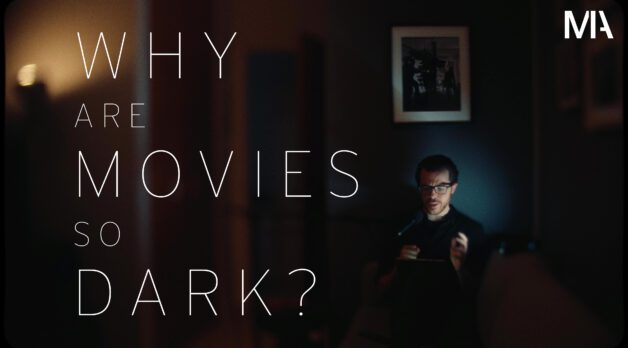
Accompanying his debut article in Filmmaker's print edition, "Did You See (and Hear) That?)," Devan Scott posts today a video essay, "Why Are Movies So Dark?", that provides visual backup for his points. "Contemporary visuals are commonly diagnosed as dark,' 'underexposed' or 'underlit'. In actuality, they describe an array of phenomena, many of them widely misunderstood," he writes. "The most common charge, dim,' is often used interchangeably with 'underlit.' Tools are frequently blamed; 'the digital look' is as much an accusation of modern equipment as an assessment of its apparent effects." Watch Scott's new video above.
“I Love the Kind of Cinema That [Tells You Everything] Through Images, Where Every Frame is Like a Painting”: Ena Sendijarević’ on Her Metrograph Series, Sweet Dreams
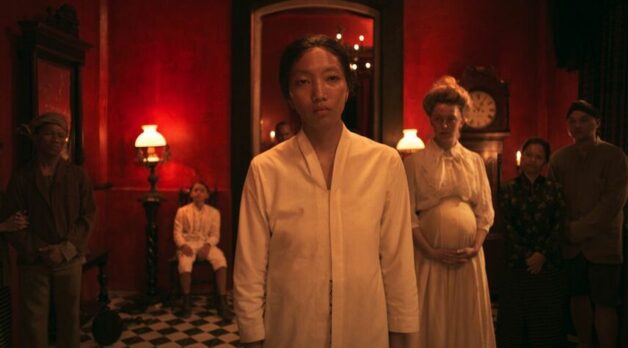 Sweet Dreams
Sweet Dreams
Amsterdam-based, Bosnian-born filmmaker Ena Sendijarević’s two features to date, Take Me Somewhere Nice and Sweet Dreams, hone the filmmaker’s personal cinematic language while expanding the parameters of her own perspective. The former, her 2019 debut feature, follows a Dutch teen as she journeys to visit her ailing Bosnian father in the hospital. The latter, which will screen at NYC’s Metrograph beginning today, chronicles the decline of a wealthy Dutch family’s Indonesian sugar plantation at the turn of the 20th century. While her first feature explores the contours of Eastern and Western European relations—a subject Sendijarević is familiar with as a refugee of the Bosnian War—Sweet Dreams required extensive research from the writer-director, involving copious reading and a five-month guided tour of… Read more
“Congratulations, That Shot was Terrible”: DP Matthew Temple on Late Night with the Devil
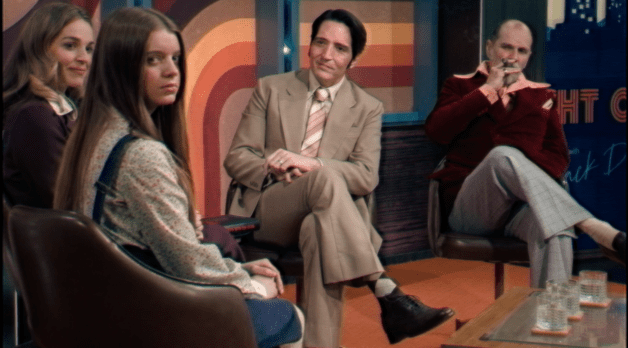 Laura Gordon, Ingrid Torelli, David Dastmalchian, and Ian Bliss in Late Night with the Devil
Laura Gordon, Ingrid Torelli, David Dastmalchian, and Ian Bliss in Late Night with the Devil
I typically have two problems with found footage horror movies. First, it’s often hard to believe the characters wouldn’t simply drop their cameras once the body count begins. Just as the haunted house movie must present a sufficiently logical reason for the inhabitants to remain once the voices start whispering “get out,” the found footage horror movie must posit an acceptable rationale for why the cameras keep rolling. Second, the subgenre’s veneer of reality often means some of filmmaking’s most effective tools—score, editing, composition—are sacrificed on the altar of verisimilitude. The premise of Late Night with the Devil alleviates both of those objections. Set on Halloween night 1977, the movie purports to be the master tapes of a ratings-challenged talk show… Read more
“The Step from Being a Human to Becoming a Monster is Much Shorter than We Think”: Oksana Karpovych on Her ND/NF Doc, Intercepted
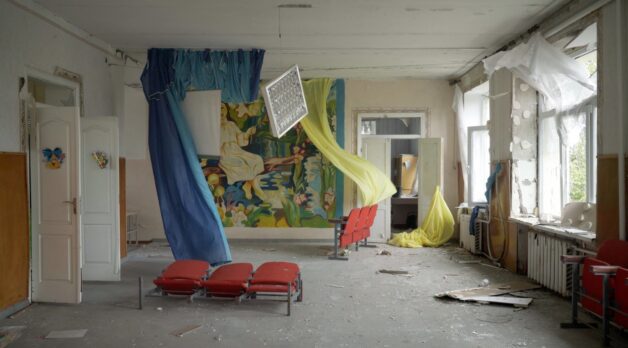 Intercepted
Intercepted
While the on-the-ground horrors of Russia's full-scale invasion of Ukraine have been viewed around the world, often in real time — and even formed the basis of this year’s Best Doc Feature Oscar winner, Mstyslav Chernov’s 20 Days in Mariupol — Ukrainian-Canadian filmmaker Oksana Karpovych has chosen to take a much different and rather innovative approach to documenting the war. Intercepted premiered this year at the Berlin International Film Festival before traveling to CPH:DOX and now, tomorrow night, New Directors/New Films, and while it contains no shortage of cinematically-framed images of both devastation and defiant rebuilding, it predominantly captures our attention through an archive of voices — specifically those of Russian soldiers phoning home from the frontlines. The riveting conversations,… Read more
